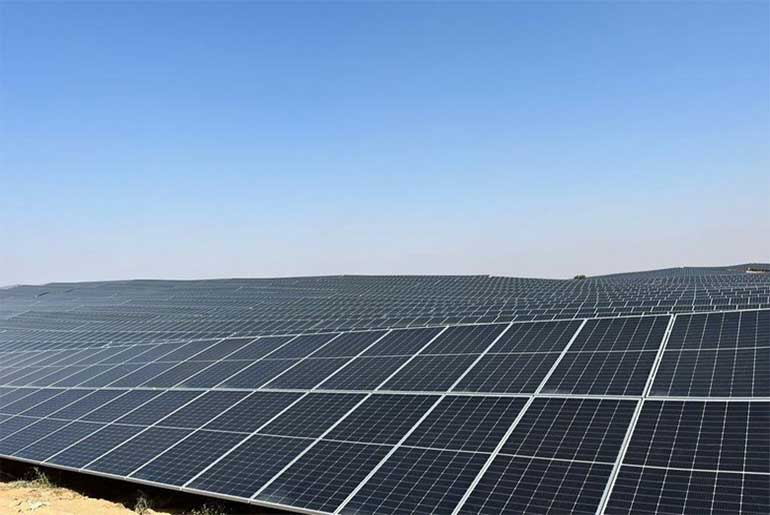PNC Infratech, whose main products include highways and toll bridges, has made a decisive move into the clean-energy world. The company based in Delhi found itself amongst the lowest financial bidders in yet another mega-tender staged by NHPC, but this time winning a total amount of 300 MW of grid-connected solar power and 150 MW/600 MWh of battery storage at the tariff of INR 3.13 (USD 0.036) per kWh that was offered in July. Some of the most influential infrastructure institutions in India competed tooth and nail through the auction aimed at providing 1,200 MW of new photovoltaic capacity and 2.4 GWh of storage.
In the case of PNC the victory triggers a 25-year power purchase and a construction time clock of two years. With the contract signed, the company is under pressure to start supplying the first electrons in 24 months, a challenging task that will put both the preparedness of the supply chain and the grid integration planning to the test. The storage and solar blocks will be located on the Interstate Transmission System, which means that the project will have unlimited access to demand centers located some distance away in its proposed location that remains unnamed.
NHPC, which was once a specialist in hydropower, is emerging as an unforeseen agent of mega-hybrids as India gallops to 500 GW of non-fossil generation by 2030. Analysts explain that pairing electricity storage with solar is a must-have rather than a nice-to-have that could give a utility bid the edge to win contracts; not only must the batteries be able to deliver so-called baseload power at all hours of the day, but they must also have the ability to peak-shave.
The bid in the reverse auction was close. Reliance Infrastructure and SAEL Industries led the pack, with the latter receiving awards of 390 MW, which is followed by PNC with a solar capacity of 300 MW. The former won 150 MW and the remaining 60 MW by Navayuga Engineering Company. The same ceiling tariff was accepted by all bidders and indicated that there were decreasing margins, and the industry is also certain the prices of components will continue to decrease.
The win is also a strategic change of direction on the part of PNC Infratech. This was the first time that the firm had an exposure to any renewable in the form of a 50 MW solar plant in Uttar Pradesh. The 6-fold scale-up will be followed by a first-of-a-kind storage project, which, together, are likely to put the company in contention with the next round of hybrid procurements in India, where procurements are likely to mix wind, solar and batteries in continually growing lots.
Provided it meets its commissioning target, the asset should start generating clean power before mid-2027, which could stimulate the energy transition underway in India, which is contentious but extensive, and intensify the desire of utilities everywhere to have clean electrons at their disposal, when they want them, 24 hours a day.



